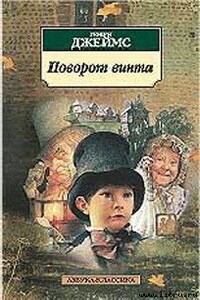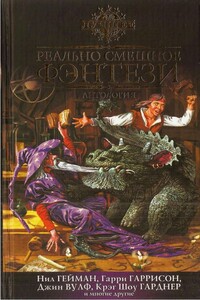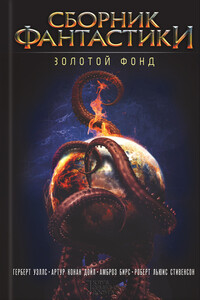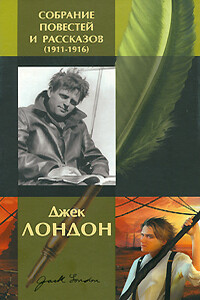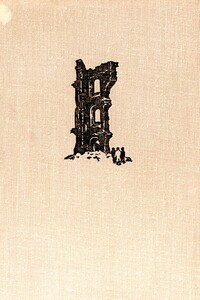The narrator bent forward towards the couch, where no movement betrayed the presence of a living person.
‘Listen,’ he said, forcibly. ‘That course would lead the Northman straight on a deadly ledge of rock. And the commanding officer gave it to him. He steamed out — ran on it — and went down. So he had spoken the truth. He did not know where he was. But it proves nothing. Nothing either way. It may have been the only truth in all his story. And yet… He seems to have been driven out by a menacing stare — nothing more.’
He abandoned all pretence.
‘Yes, I gave that course to him. It seemed to me a supreme test. I believe — no, I don’t believe. I don’t know. At the time I was certain. They all went down; and I don’t know whether I have done stern retribution — or murder; whether I have added to the corpses that litter the bed of the unreadable sea the bodies of men completely innocent or basely guilty. I don’t know. I shall never know.’
He rose. The woman on the couch got up and threw her arms round his neck. Her eyes put two gleams in the deep shadow of the room. She knew his passion for truth, his horror of deceit, his humanity.
‘Oh, my poor, poor — ’
‘I shall never know,’ he repeated, sternly, disengaged himself, pressed her hands to his lips, and went out.
Bret Harte
The Outcasts of Poker Flat
As Mr. John Oakhurst, gambler, stepped into the main street of Poker Flat on the morning of the twenty-third of November, 1850, he was conscious of a change in its moral atmosphere since the preceding night. Two or three men, conversing earnestly together, ceased as he approached, and exchanged significant glances. There was a Sabbath[16] lull in the air which, in a settlement unused to Sabbath influences, looked ominous.
Mr. Oakhurst’s calm, handsome face betrayed small concern in these indications. Whether he was conscious of any predisposing cause was another question. ‘I reckon they’re after somebody,’ he reflected; ‘likely it’s me.’ He returned to his pocket the handkerchief with which he had been whipping away the red dust of Poker Flat from his neat boots, and quietly discharged his mind of any further conjecture.
In point of fact, Poker Flat was ‘after somebody.’ It had lately suffered the loss of several thousand dollars, two valuable horses, and a prominent citizen. It was experiencing a spasm of virtuous reaction, quite as lawless and ungovernable as any of the acts that had provoked it. A secret committee had determined to rid the town of all improper persons. This was done permanently in regard of two men who were then hanging from the boughs of a sycamore in the gulch, and temporarily in the banishment of certain other objectionable characters. I regret to say that some of these were ladies. It is but due to the sex, however, to state that their impropriety was professional, and it was only in such easily established standards of evil that Poker Flat ventured to sit in judgment.
Mr. Oakhurst was right in supposing that he was included in this category. A few of the committee had urged hanging him as a possible example, and a sure method of reimbursing themselves from his pockets of the sums he had won from them. ‘It’s agin justice,’ said Jim Wheeler, ‘to let this yer young man from Roaring Camp — an entire stranger — carry away our money.’ But a crude sentiment of equity residing in the breasts of those who had been fortunate enough to win from Mr. Oakhurst overruled this narrower local prejudice.
Mr. Oakhurst received his sentence with philosophic calmness, none the less coolly that he was aware of the hesitation of his judges. He was too much of a gambler not to accept Fate. With him life was at best an uncertain game, and he recognized the usual percentage in favor of the dealer.
A body of armed men accompanied the deported wickedness of Poker Flat to the outskirts of the settlement. Besides Mr. Oakhurst, who was known to be a coolly desperate man, and for whose intimidation the armed escort was intended, the expatriated party consisted of a young woman familiarly known as the ‘Duchess’; another, who had won the title of ‘Mother Shipton’; and ‘Uncle Billy,’ a suspected sluice-robber and confirmed drunkard. The cavalcade provoked no comments from the spectators, nor was any word uttered by the escort. Only, when the gulch which marked the uttermost limit of Poker Flat was reached, the leader spoke briefly and to the point. The exiles were forbidden to return at the peril of their lives.


